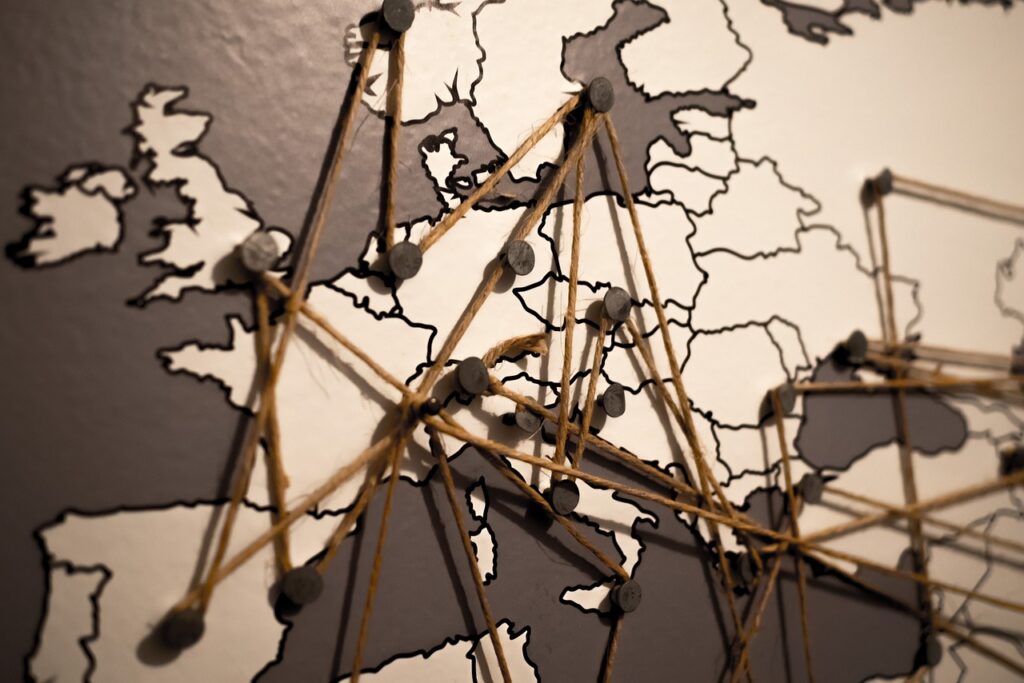As the hydrogen economy gathers steam worldwide, experts are warning that the European Union (EU) must expedite the deployment of hydrogen electrolysers to stay competitive, particularly in the face of rapidly advancing markets like China. This call to action came during discussions at the recent Hydrogen Online Conference, where experts highlighted the urgency for the EU to close the gap with its global counterparts in the hydrogen sector.
In 2023, the EU marked a significant milestone by finalizing its framework for green hydrogen, a key component of its ambitious decarbonization strategy. Furthermore, the EU initiated a pilot subsidy mechanism for hydrogen production in November, signaling its intention to be a major player in the global hydrogen market. However, despite these strides, concerns are growing over the EU’s pace compared to other hydrogen powerhouses.
One of the regions surpassing the EU in hydrogen development is the United States, which made significant headway with the passage of incentives under the Inflation Reduction Act in 2022. These incentives triggered a surge of investment and activity in the American hydrogen sector, reinforcing the country’s commitment to green hydrogen production.
But it’s not only the US that the EU needs to keep up with. China, in particular, is emerging as a formidable competitor in the global hydrogen landscape. Chinese firms are making substantial investments and advancements in hydrogen technologies and infrastructure. The rapidly evolving Chinese hydrogen sector poses a real challenge to European developers.
Christopher Hebling, the Director of Hydrogen Technologies at the Fraunhofer Institute for Solar Energy Systems, emphasizes that the EU must act swiftly to bolster its position in the global hydrogen market. Hebling points out that while the EU has made significant progress, it must accelerate the deployment of hydrogen electrolysers, a critical technology for green hydrogen production, to remain competitive on a global scale.
Hydrogen electrolysers are pivotal for the production of green hydrogen. They use electricity to split water into hydrogen and oxygen, and they are integral to achieving the EU’s green hydrogen goals. In the global race for hydrogen supremacy, countries are investing heavily in the development of these electrolysers to secure their position as leaders in the industry.
It’s a call to action for the EU to ramp up its efforts. Time is of the essence, and the hydrogen economy is moving forward swiftly. Europe must not only keep pace with its American and Chinese counterparts but strive to lead the way in green hydrogen production and innovation.
In the midst of this race, the EU’s ability to deploy hydrogen electrolysers at scale will be a defining factor in its success. By accelerating its hydrogen initiatives, the EU can secure its place as a global hydrogen powerhouse, foster economic growth, and contribute significantly to the fight against climate change.





